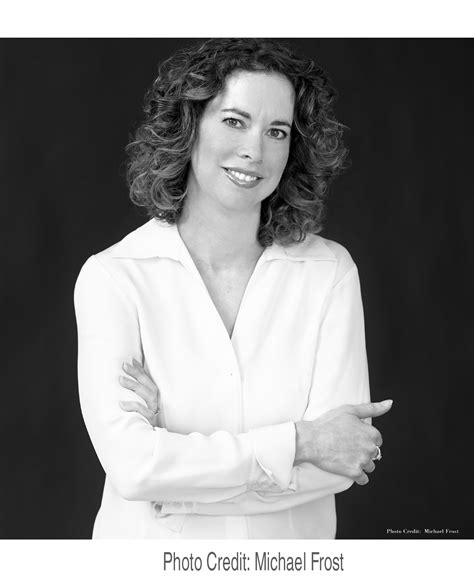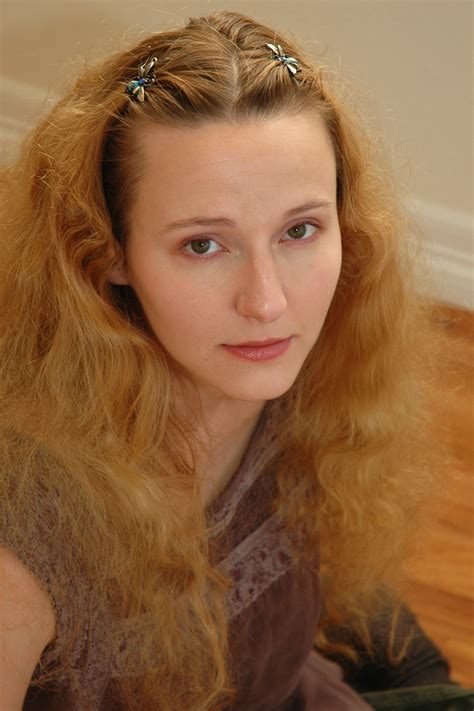A Quote by Jane Austen
Thus much indeed he was obliged to acknowledge - that he had been constant unconsciously, nay unintentionally; that he had meant to forget her, and believed it to be done. He had imagined himself indifferent, when he had only been angry; and he had been unjust to her merits, because he had been a sufferer from them.
Related Quotes
If cathedrals had been universities If dungeons of the Inquisition had been laboratories If Christians had believed in character instead of creed If they had taken from the bible only that which is GOOD and thrown away the wicked and absurd If temple domes had been observatories If priests had been philosophers If missionaries had taught useful arts instead of bible lore If astrology had been astronomy If the black arts had been chemistry If superstition had been science If religion had been humanity The world then would be a heaven filled with love, and liberty and joy
And they did have fun, though it was of different kind now. All that yearning and passion had been replaced by a steady pulse of pleasure and satisfaction and occasional irritation, and this seemed to be a happy exchange; if there had been moments in her life when she had been more elated, there had never been a time when things had been more constant.
The lights were off so that his heads could avoid looking at each other because neither of them was currently a particular engaging sight, nor had they been since he had made the error of looking into his soul. It had indeed been an error. It had been late one night-- of course. It had been a difficult day-- of course. There had been soulful music playing on the ship's sound system-- of course. And he had, of course, been slightly drunk. In other words, all the usual conditions that bring on a bout of soul searching had applied, but it had, nevertheless, clearly been an error.
...the only thing that had tethered her to the earth had been him and it was strange, but she felt welded to him on some core level now. He had seen her at her absolute worst, at her weakest and most insane, and he hadn't looked away. He hadn't judged and he hadn't been burned. It was as if in the heat of her meltdown they had melted together. This was more than emotion. It was a matter of soul.
As she had been walking from the ward to that room, she had felt such pure hatred that now she had no more rancor left in her heart. She had finally allowed her negative feelings to surface, feelings that had been repressed for years in her soul. She had actually FELT them, and they were no longer necessary, they could leave.
As a child, what I was missing was so much bigger to me than what I had. My mother-mythic, imaginary-was a deity and a superhero and a comfort all at once. If only I'd had her, surely, she would have been the answer to every problem; if only I'd had her , she would have been the cure for everything that ever had gone wrong in my life.
From an early age she had developed the art of being alone and generally preferred her own company to anyone else’s. She read books at enormous speed and judged them entirely on her ability to remove her from her material surroundings. In almost all the unhappiest days of her life she had been able to escape from her own inner world by living temporarily in someone else’s, and on the two or three occasions that she had been too upset to concentrate she had been desolate.
At that moment a very good thing was happening to her. Four good things had happened to her, in fact, since she came to Misselthwaite Manor. She had felt as if she had understood a robin and that he had understood her; she had run in the wind until her blood had grown warm; she had been healthily hungry for the first time in her life; and she had found out what it was to be sorry for someone.
Her family had of late been exceedingly fluctuating. For many years of her life she had had two sons; but the crime and annihilation of Edward a few weeks ago, had robbed her of one; the similar annihilation of Robert had left her for a fortnight without any; and now, by the resurrection of Edward, she had one again.
Occasionally, on screen, Barbara [Stanwyck] had a wary, watchful quality about her that I've noticed in other people who had bad childhoods; they tend to keep an eye on life because they don't think it can be trusted. After her mother was killed by a streetcar, she had been raised in Brooklyn by her sisters, and from things she said, I believe she had been abused as a child. She had lived an entirely different life than mine, that's for sure, which is one reason I found her so fascinating. I think her early life was one reason she had such authenticity as an actress, and as a person.
In this moment she felt that she had been robbed of an enormous number of valuable things, whether material or intangible: things lost or broken by her own fault, things she had forgotten and left in houses when she moved: books borrowed from her and not returned, journeys she had planned and had not made, words she had waited to hear spoken to her and had not heard, and the words she meant to answer with. . . .
In the light of her son's comment she reconsidered the scene at the mosque, to see whose impression was correct. Yes it could be worked into quite an unpleasant scene. The doctor had begun by bullying her, had said Mrs Callendar was nice, and then - finding the ground safe - had changed; he had alternately whined over his grievances and patronized her, had run a dozen ways in a single sentence, had been unreliable, inquisitive, vain. Yes, it was all true, but how false as a summary of the man; the essential life of him had been slain.





































